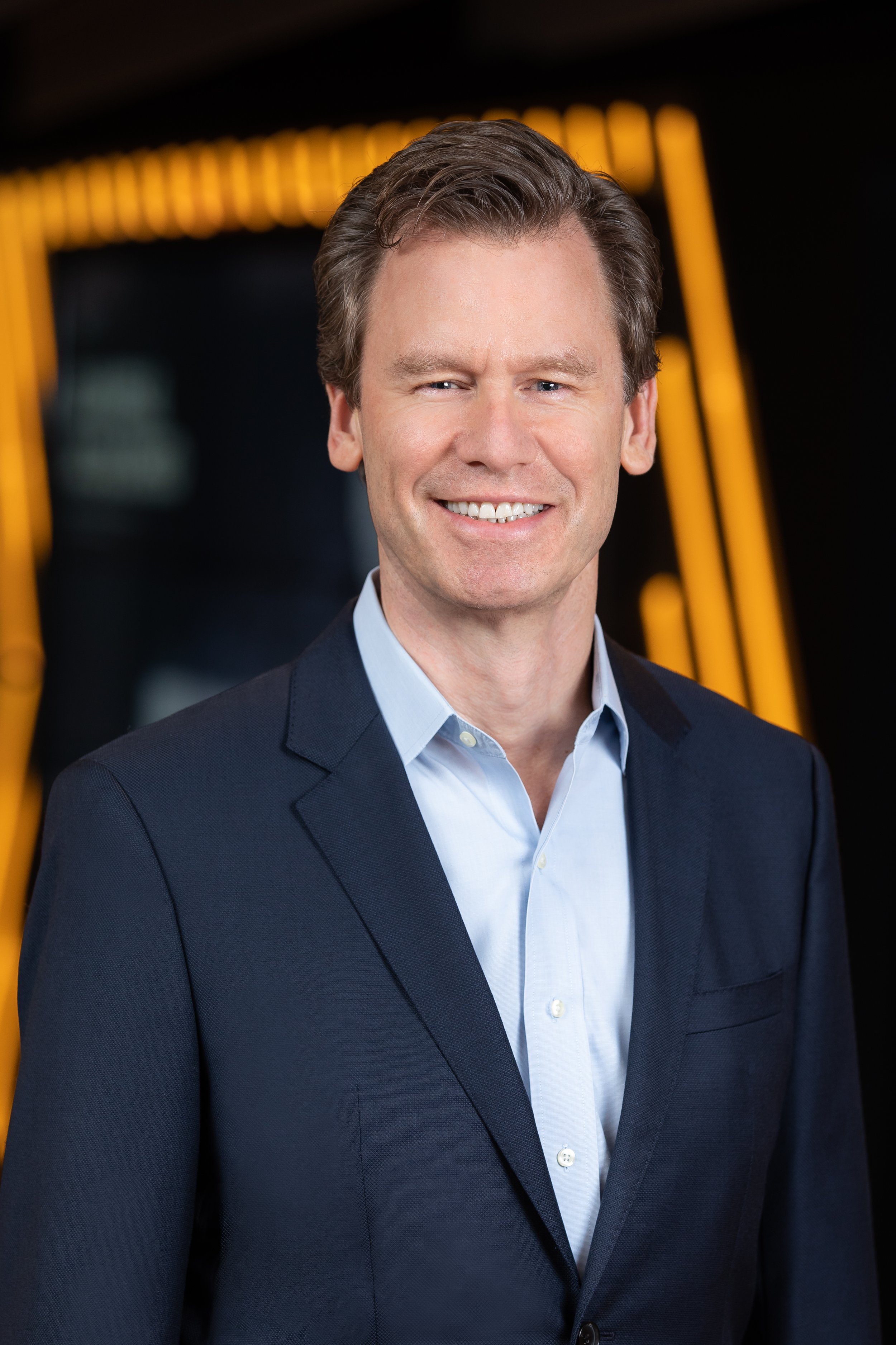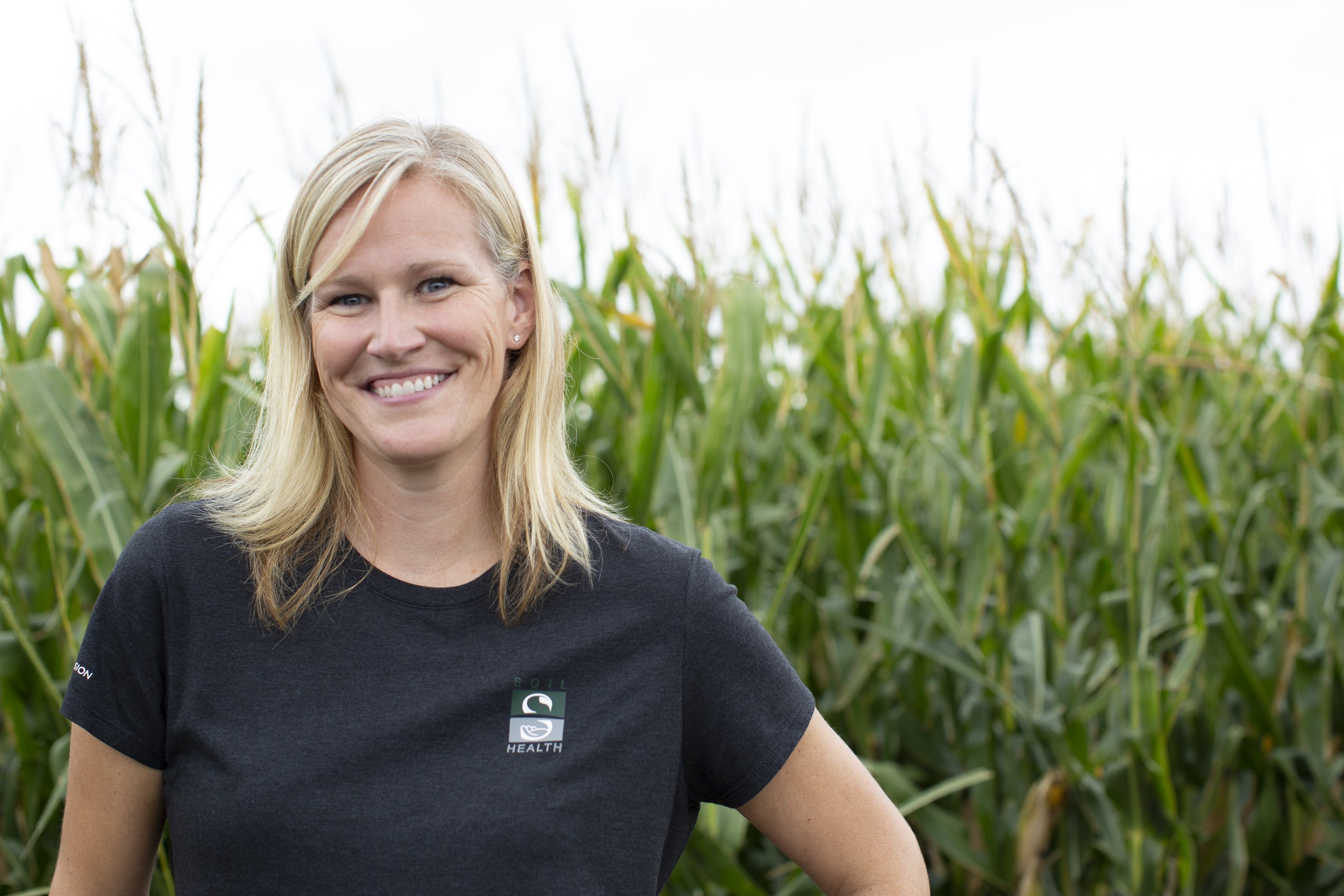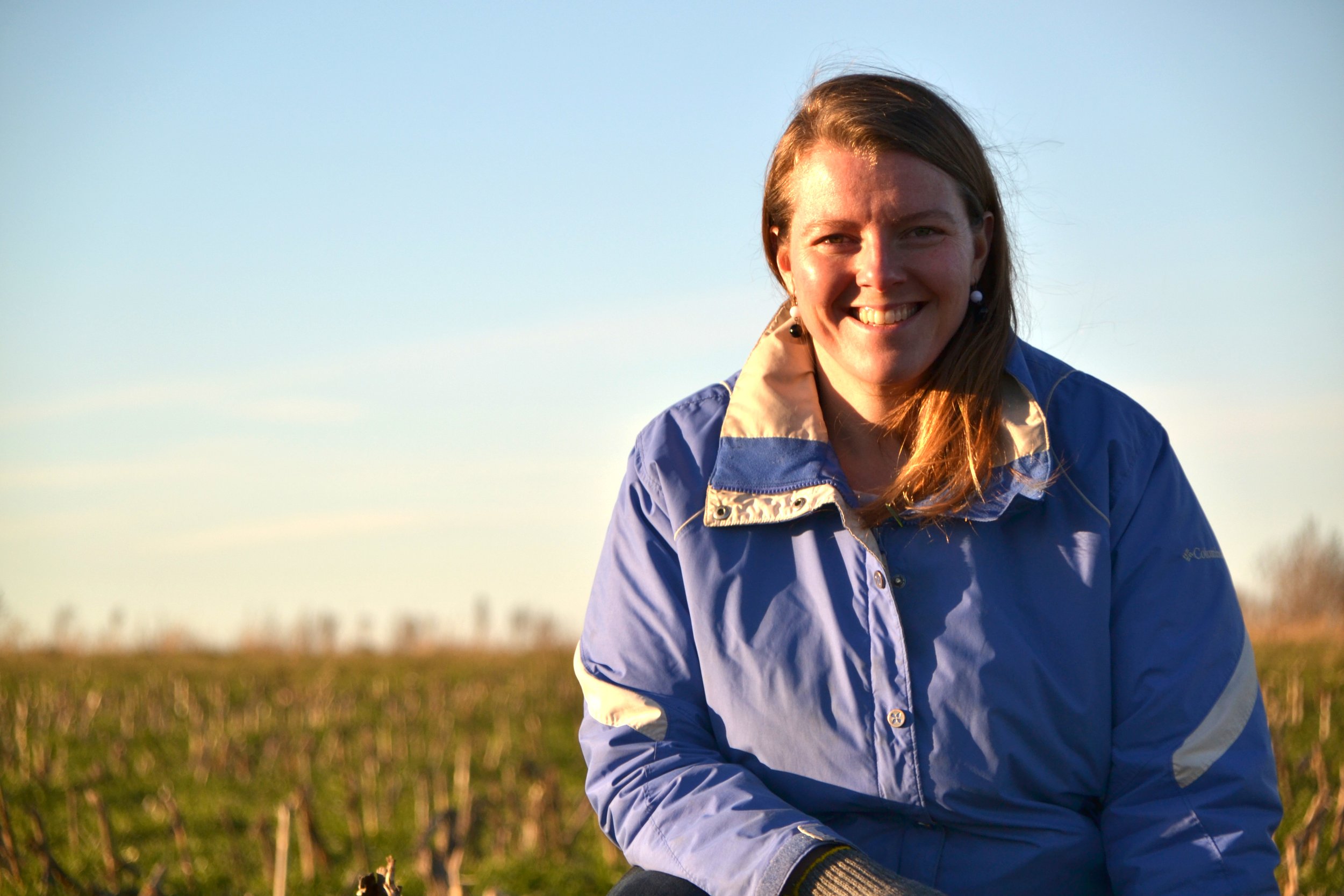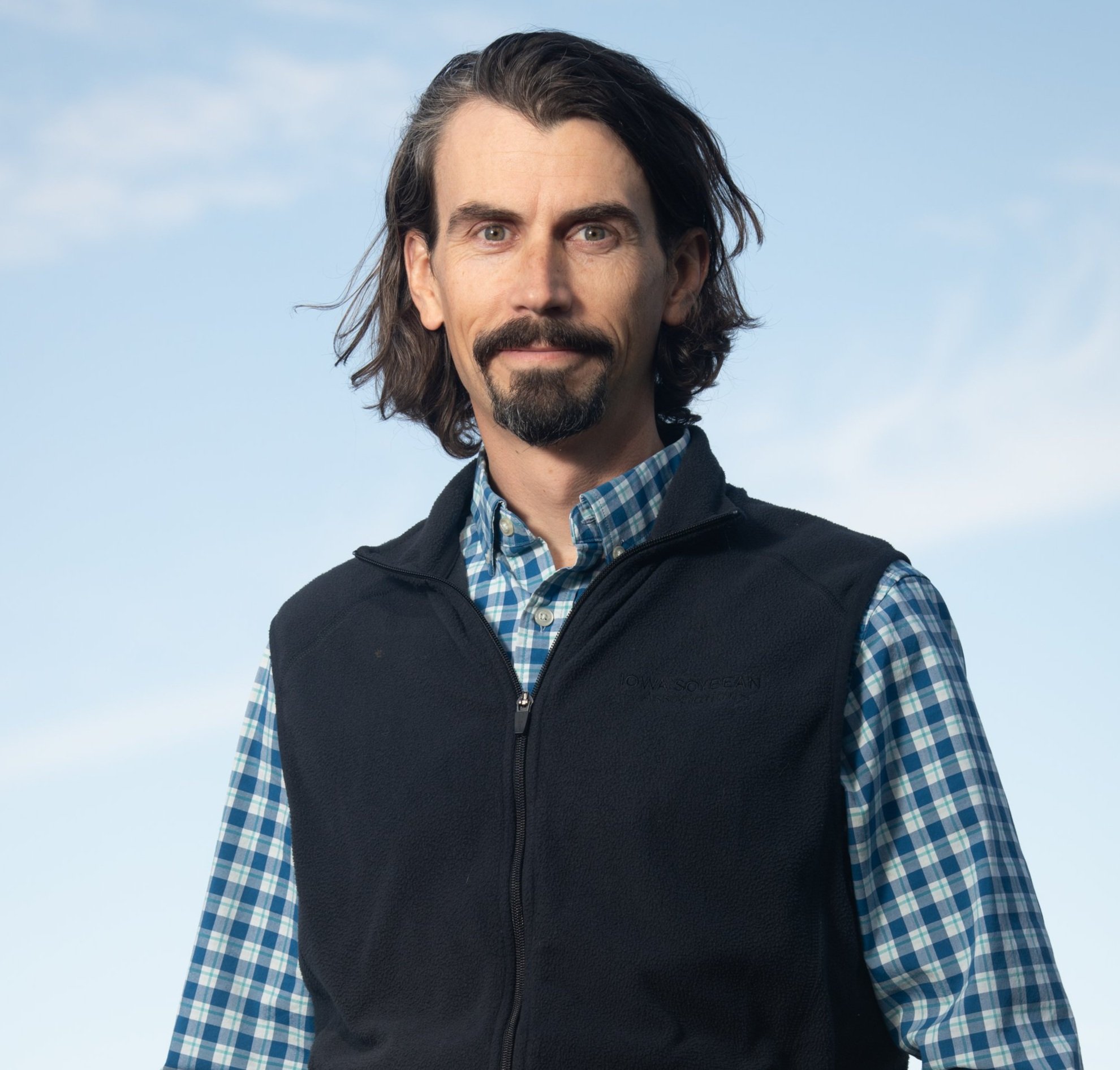Regenerative Agriculture: A Powerful Tool to Fight Climate Change
Regenerative agriculture champions farming practices that improve the environment and can tackle the impacts of climate change. But what exactly is regenerative agriculture? What are the benefits and what is needed to scale regenerative agriculture practices across global farmland? During this educational program organized by the Association of Foreign Press Correspondents in the United States in partnership with PepsiCo, foreign correspondents will have the opportunity to hear from leading experts from business, farming organizations, and academia to demystify and discuss regenerative agriculture and its role in building a sustainable food system.
READ THE TAKEAWAYS OF THIS PROGRAM
The Association of Foreign Press Correspondents (AFPC-USA) is solely responsible for the development of the content of this educational program.
The lecturers in this educational program
Jim Andrew is Executive Vice President, Chief Sustainability Officer for PepsiCo. PepsiCo products are enjoyed by consumers more than one billion times a day in more than 200 countries and territories around the world. PepsiCo generated $86 billion in net revenue in 2022, driven by a complementary beverage and convenient foods portfolio that includes Lays, Doritos, Cheetos, Gatorade, Pepsi-Cola, Mountain Dew, Quaker, and SodaStream. PepsiCo's product portfolio includes a wide range of enjoyable foods and beverages, including many iconic brands that generate more than $1 billion each in estimated annual retail sales. Mr. Andrew joined PepsiCo in 2016 and currently leads PepsiCo Positive (pep+), PepsiCo’s holistic transformation agenda with sustainability at the center, including the strategic framework, governance, and integrated plans and goals for all of PepsiCo. He also ensures that sustainability is woven into the operating plans of all Business Units. Prior to this role, he held a variety of operating and functional leadership roles in the company including global head of Strategy and leader of PepsiCo’s Beyond the Bottle businesses. Mr. Andrew earned his Bachelor of Science in Accountancy from the University of Illinois and his MBA from the Harvard Graduate School of Business.
Adam Kiel is the executive vice president of the Soil and Water Outcomes Fund. The Soil and Water Outcomes Fund works with public and private partners to support on-farm generation of ecosystem services. Adam has over 20 years of experience in the field and held a prior role as Director of Conservation for the Iowa Soybean Association and positions with the Iowa Department of Natural Resources and National Park Service. Adam grew up on a family farm in northeast Iowa.
Dr. Abbey Wick, North Dakota State University Extension Soil Health Specialist and Associate Professor and founder of Wick Consulting, has experience working with farmers on soil health building practices like incorporating cover crops into rotation, transitioning to no-till systems and managing problematic parts of the field. She focuses on goal-oriented approaches so that farmers can maximize the benefits while reducing the risk associated with incorporating new practices. She has also developed several large training programs, the most recent being the Trusted Advisor Partnership. She has been featured in Successful Farming Magazine Q & A and Bonus Sections for her work with cover crops and ability to connect with farmers. She was also Senator Hoeven’s selection to represent North Dakota for the Senate Ag Republicans “Women in Agriculture” campaign in 2018. She is currently on the National Academy of Sciences US National Committee for Soil Science, is the Soil Use and Management Division Chair for the International Union of Soil Sciences, and the National Climate Change Roadmap Working Group.
Sarah Carlson is PFI’s senior programs and member engagement director. Sarah joined Practical Farmers of Iowa in 2007 and has held various staff positions over the years, including leading the Cooperators’ Program and developing PFI’s role in delivering cost-share programs that pay farmers to increase acres of continuous living cover. She has also helped develop programs that support rural businesses, including the Cover Crop Business Accelerator program. Today she supports PFI's three largest program areas: Farmer-led Education, Research and Farm Viability to meet the mission of equipping farmers to build resilient farms and communities. Sarah serves as an agronomist on the staff and helps transfer agronomic research about cover crops and small grains through supply chain projects. She works one-on-one with farmers, agronomists, food and beverage staff and non-operator landowners, and seeks to reduce barriers to adopting more acres of continuous living cover on farmland across the Midwest. Sarah grew up in a small town built on northern Illinois’ flat, black soils and spent many years on her grandparents’ farms. She co-majored in biology and geography at Augustana College in the Quad Cities, graduating in 2001 with a Bachelor of Arts, then joined the Peace Corps as an ag business and ag extension volunteer and lived in the southern highlands of Ecuador for 2 ½ years. Sarah returned to the Midwest in 2004 and pursued her master’s degree at Iowa State University, where she co-majored in sustainable agriculture and crop production and physiology. Outside of PFI, Sarah is active in her family’s life and works to instill in them a love of the outdoors, community and working hard to make this Earth a little happier while we are all here.





